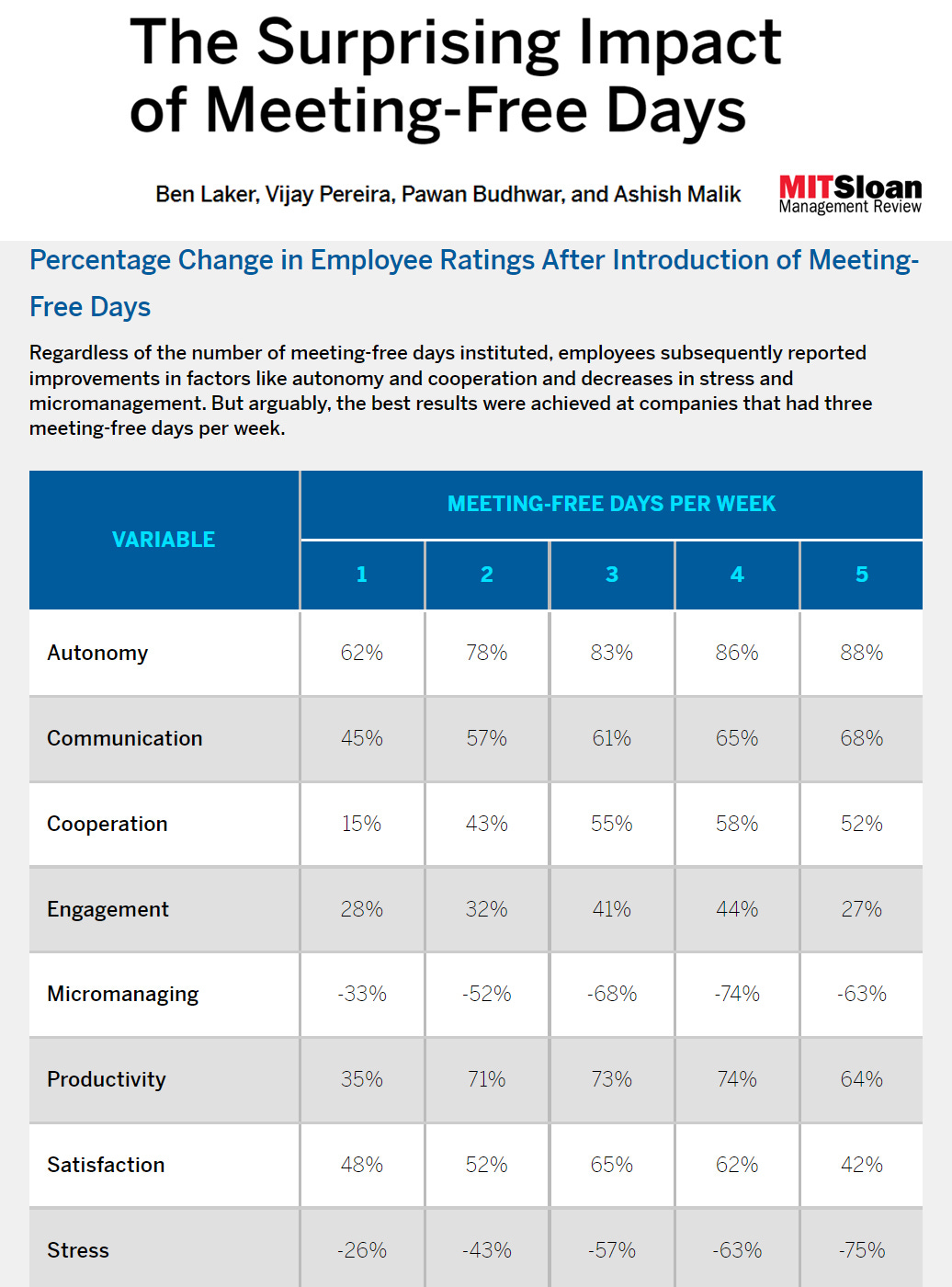Hi. I’m Stepa Mitaki. I’m a product person and an entrepreneur. I’ve been working in 🏙 govtech for eight years and currently building a new company in 👩🏼⚕️ health tech while maintaining a day job at a UK-based 🏦 fintech startup.
Morning Walk is a personal weekly newsletter where I share some musings on tech, digital healthcare, working on startups, productivity, some nerdy stuff and an occasional share of reflections on the war and how it feels being Russian at this moment in history.
This issue was sent out to 107 subscribers (+1 from the previous week). Last week’s issue received 271 views.
📝 Your environment matters. But the internet can be your environment
Some of you who know me in person know that I grew up in a ghetto. Well, not the kind of ghetto you'd see in the movies or like the one you might see in Tenderloin in San Francisco. But still a pretty bleak one.
I grew up on the outskirts of Murmansk in Russia. To paint you the picture, imagine this: it's the mid-90s in Russia, it's a mid-sized industrial city of 300,000 up in the very north of the country, the winter lasts for about 6-7 months, you don't see any sun for an entire month in December (yes, you heard me right), and the neighbourhood itself is on the very outskirts of the city.
Some of my classmates started smoking cigarettes in elementary school (6-7 y/o). I've seen how kids were sniffin' during class in 3rd grade (8-9 y/o). And I knew some kids who started doing heroin around 6th grade (11-12 y/o). I remember once coming to school and asking my classmates where is one school student since I hadn't seen him for weeks now, only to find out he had OD'ed. And everyone was very casual about it.
That kind of ghetto.
This week I've seen this talk from Mar Hershenson (VC) on making successful founders.
I recommend you take a look, but the essential idea of this talk is that the environment and your community matter. Stanford university produces many great founders because of its community, not its education. You can get classes online, but founders come from attending classes in person. It's because your network and your peers can fundamentally impact your character. If you're surrounded by highly ambitious people, and that can naturally start expanding your own ambition, setting your own bar.
And then it hit me. Your network and your peers matter, but they can be virtual. This is precisely what happened to me in middle school and high school. I was actively participating in some design-related message boards, running my LiveJournal blog and connecting with others there. The people I've been connecting with (some of my age, some older) were all obsessed with the design industry and wanted to make their way there. It set my bar. I wanted to be like them. I wanted to design cool websites; I wanted to write; I wanted to score a gig at the best Russian design studio (some of my online peers did right after high school).
And I rarely discussed my internet and design interests with my friends from school. These were two separate worlds, and somehow, they lived in harmony. I had friends in both worlds. I can't say I was a super shy, introverted kid who spent all of his time in front of the computer. I was, to some degree, but nothing extreme. But virtual world showed me that I could push my ambition to another level.
I don't want to be overdramatic and make this post about how I miraculously escaped ghetto life and drugs because of the internet. It's not the complete picture, and there are countless other moving parts. But still. The internet and online communities haven't pushed me in some direction, but they gave me an alternative option. Something I simply couldn't have gotten without it.
👩🏼⚕️ Health tech things
The Lanby’s Tandice Urban on solving healthcare’s customer service problem
Tandice Urban, the founder of The Lanby, a primary care membership service, talks about customer service in healthcare. The Lanby is the reason I got so excited about primary care in the first place.
Just a few data nuggets that give me so much optimism for what can be changed here:
96% of patient complaints are about the service itself; the other 4% are about care delivery.
Doctors are far more likely to prescribe antibiotics in the afternoon than they are in the morning for the same patient with the same issue (primarily due to decision fatigue).
Patients with a PCP (primary care provider) spend 33% less on healthcare overall because they are frontloading that spend toward prevention.
The New (Experimental) Ways To Tackle The Mental Health Crisis
Mental health is booming, but still, there are many challenges ahead that would blow up eventually if not addressed now. Some of these include that most mental health companies are going after the employer market, which might be problematic. The others are the lack of clinicians and how we deliver care.
In this Out-of-Pocket issue, Nikhil shares some new approaches to these problems. One area I was particularly intrigued by: digital biomarkers for mental health tracking.
Startups are appearing that could better diagnose mental issues or track how individuals are progressing with their mental health using digital biomarkers like:
voice (when you’re depressed, it can manifest in your voice as being more monotone, softer, more pauses, etc., so they are building “Shazam for sadness”);
mobile activity;
activity tracking;
facial recognition.
The piece includes links to startups that are innovating in this field. Take a look. This is fascinating!
🌏 Other interests and world affairs
100 days of war
It's been one hundred days since Russia launched its full-blown war against Ukraine. As this turns into attrition warfare, it's easy to start paying less attention to it and carry on. But still, every day, the Russian government keeps destroying thousands of lives directly and indirectly, not just in Ukraine or Russia but in many other parts of the world. We shouldn't fall into oblivion.
We Need A Middle Class For Startups
Yes, yes, and yes! We see two types of businesses on the media: bootstrapped from zero and raised gazillion $ from VCs. It seems like there is nothing in the middle. But there are plenty, and it's okay to be in that middle.
The Surprising Impact of Meeting-Free Days
We have a policy of meeting-free Tuesdays at the company I’m working at, and it’s been one of the most beneficial policies I’ve encountered. Now you have a proper research paper to pitch to your boss or colleagues the same.
Productivity increases ✅
Satisfaction increases ✅
Stress drops ✅
Communication & cooperation improves ✅
Three or four meeting-free days is the magic number.
That’s it for today. Thanks for reading. Until next week 👋🏻
This post is public so feel free to share it.








